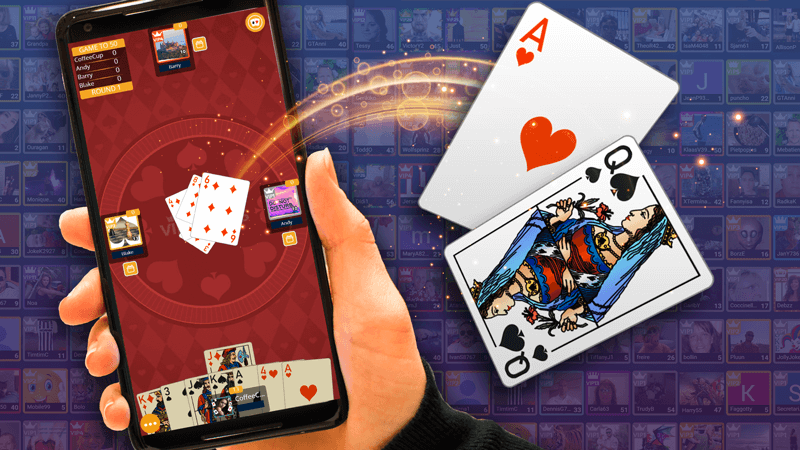In the last few decades, online gaming has transformed from a niche pastime into a global phenomenon. With millions of players around the world, the online gaming industry has expanded beyond traditional video games to include a diverse array of genres, platforms, and technologies Megaxwin. This article explores the evolution of online games, their cultural impact, and the future of gaming.
The Birth of Online Gaming
The origins of online gaming can be traced back to the early 1970s with the introduction of the first networked games. However, it wasn’t until the 1990s that online gaming gained significant traction, thanks in part to the advent of the internet. Games like “Meridian 59” and “Ultima Online” pioneered the Massively Multiplayer Online (MMO) genre, allowing players to interact in vast virtual worlds. This era laid the groundwork for many of the gaming trends we see today.
The Rise of Multiplayer Games
As internet speeds improved and gaming technology advanced, multiplayer games became increasingly popular. The early 2000s saw the rise of first-person shooters (FPS) such as “Counter-Strike” and “Call of Duty,” which emphasized teamwork and competition. These games cultivated a culture of community and camaraderie, leading to the formation of clans and online tournaments.
In parallel, games like “World of Warcraft” brought RPG elements into the multiplayer space, allowing players to embark on epic quests and develop their characters over time. This blend of social interaction and immersive storytelling contributed to the growing popularity of online gaming.
Mobile Gaming Revolution
The introduction of smartphones revolutionized online gaming once again. Mobile games like “Angry Birds,” “Candy Crush,” and “Fortnite” reached a broader audience than ever before, allowing players to enjoy games on the go. The accessibility of mobile gaming attracted not just hardcore gamers but also casual players, fostering a more diverse gaming community.
The Impact of Esports
Esports, or competitive gaming, has emerged as a significant cultural phenomenon, with professional players, teams, and tournaments drawing large audiences both online and in-person. Events like The International for “Dota 2” and the League of Legends World Championship have gained mainstream recognition, with millions of viewers tuning in to watch their favorite players compete. Esports has not only created new career opportunities for players and streamers but has also inspired a new generation of gamers to pursue their passions competitively.
Social Interaction and Community Building
One of the most significant aspects of online gaming is its ability to foster social connections. Games often provide platforms for players to meet, collaborate, and form friendships, regardless of geographical barriers. Virtual worlds serve as social hubs where players can engage in conversation, share experiences, and collaborate on challenges.
Additionally, streaming platforms like Twitch and YouTube Gaming have further enhanced this social aspect, allowing players to broadcast their gameplay and interact with audiences in real-time. This has created a new culture around gaming, where content creators are celebrated as influencers and trendsetters.
Challenges and Concerns
Despite its many benefits, online gaming is not without its challenges. Issues such as cyberbullying, addiction, and toxic behavior can mar the gaming experience. Developers and platform providers are increasingly aware of these challenges and are implementing measures to create safer and more inclusive environments. Community moderation, reporting systems, and player education initiatives are some steps being taken to combat these issues.
The Future of Online Gaming
Looking ahead, the future of online gaming appears bright. Advances in technology, such as virtual reality (VR) and augmented reality (AR), are poised to create even more immersive experiences. Cloud gaming services like Google Stadia and NVIDIA GeForce Now promise to democratize access to high-quality games, allowing players to enjoy graphics-intensive titles without needing powerful hardware.
